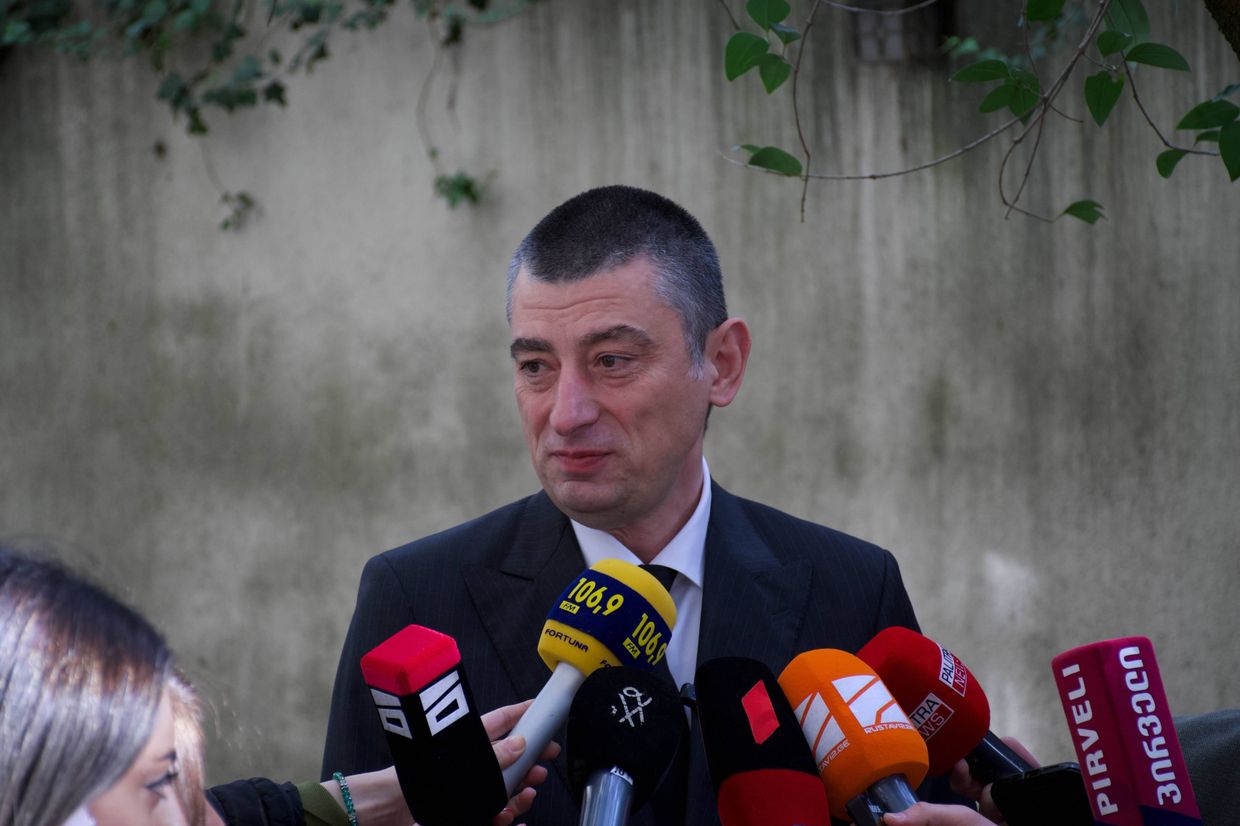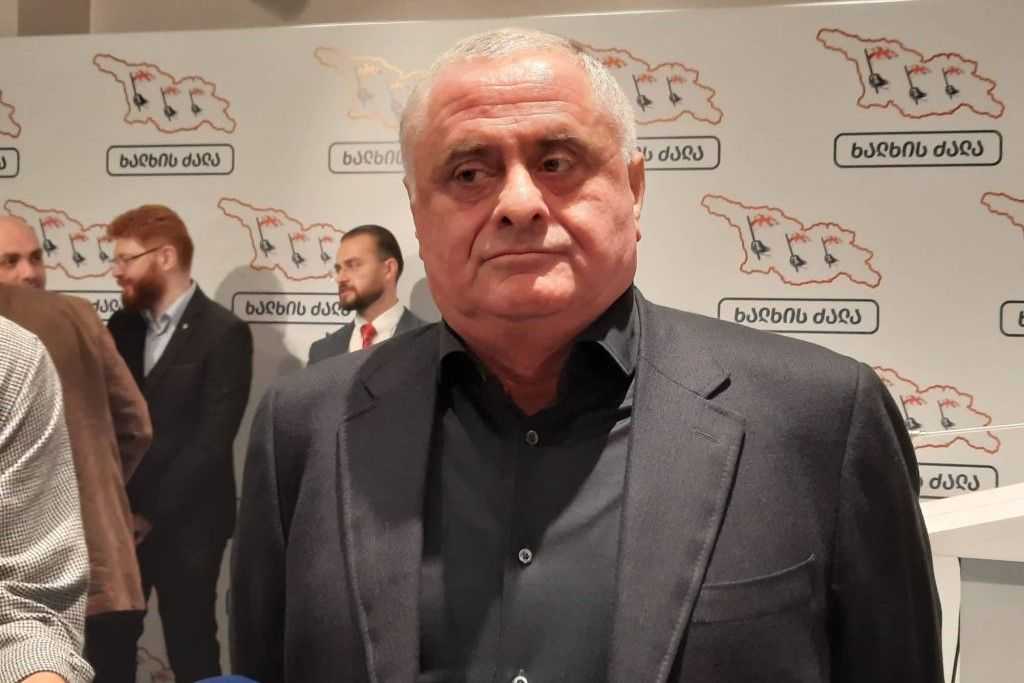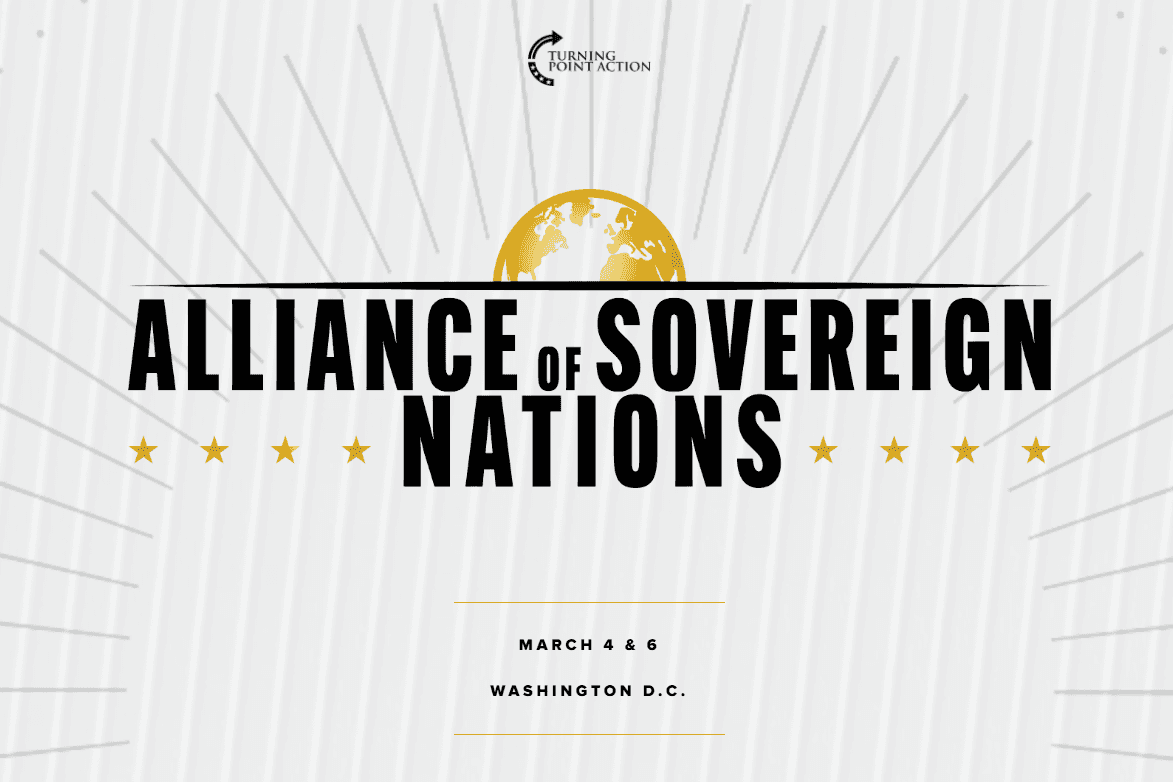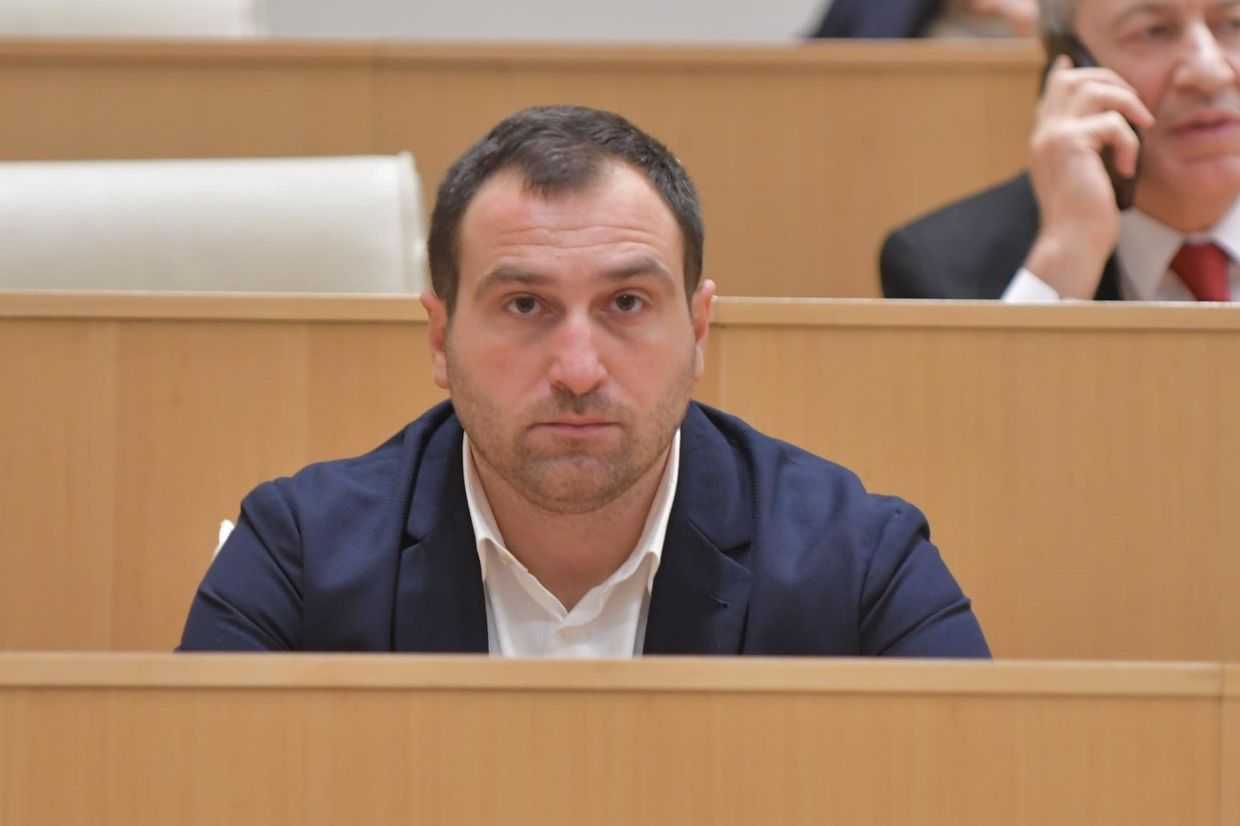
Georgia’s Prosecutor General’s Office has launched criminal proceedings against former Prime Minister and now opposition leader Giorgi Gakharia. The charges concern the 2019 protest crackdown and the construction of a police checkpoint near South Ossetia, carrying a potential sentence of up to 13 years.
Wednesday’s statement by the Prosecutor General’s Office marked the culmination of a months-long investigation targeting a departed leading figure of the ruling Georgian Dream party. Against the backdrop of the investigation, Gakharia left Georgia in the summer; he remains abroad to this day.
Both cases, which led the investigation to target Gakharia, relate to his time as Interior Minister, a position he held from 2017 to 2019 before advancing to the post of Prime Minister.
The first episode — sometimes dubbed as ‘Gavrilov’s Night’ — occurred on 20 June 2019 in Tbilisi, after Russian MP Sergei Gavrilov was invited to address the Georgian Parliament. Thousands protested at the legislative body and when some protesters tried to enter the building, police violently dispersed the rally.
At least 240 people were injured and at least two individuals suffered traumatic and permanent eye injuries as officers indiscriminately opened fire on the crowd with rubber bullets.

According to the Prosecutor General’s Office, it was determined that Gakharia had ordered officers of the Special Tasks Department, ‘in disregard of instructions and the law’, to use special measures simultaneously ‘without any warning or giving peaceful protesters the opportunity to leave the area’, thereby ‘facilitating the intentional infliction of harm on citizens’ health’.
The second episode occurred in August 2019, when a Georgian police checkpoint was set up in the village of Chorchana, near South Ossetia.
According to the Prosecutor General, Gakharia made the decision without coordinating with then-Prime Minister Mamuka Bakhtadze, as well as without informing the State Security Service of Georgia (SSG) or the EU monitoring mission.
According to the agency, the checkpoint’s opening was used by ‘representatives of the occupying regime as a pretext for actions against Georgia’s territorial integrity’, additionally allowing them to occupy high grounds previously controlled by the central Georgian authorities.
The agency added that, as a result, ‘approximately 100 hectares of forest came under the control of the occupying forces’, and the ensuing tension ‘created a real risk of an armed military conflict’.
‘With this action, Giorgi Gakharia deliberately exceeded the limits of his official powers, causing a substantial violation of the lawful interests of society and the state’.
In addition to the Prosecutor General’s office, Gakharia’s actions during the 20 June and Chorchana episodes were also examined by the anti-opposition parliamentary commission, which the ruling party established in February to ‘investigate’ its opponents.
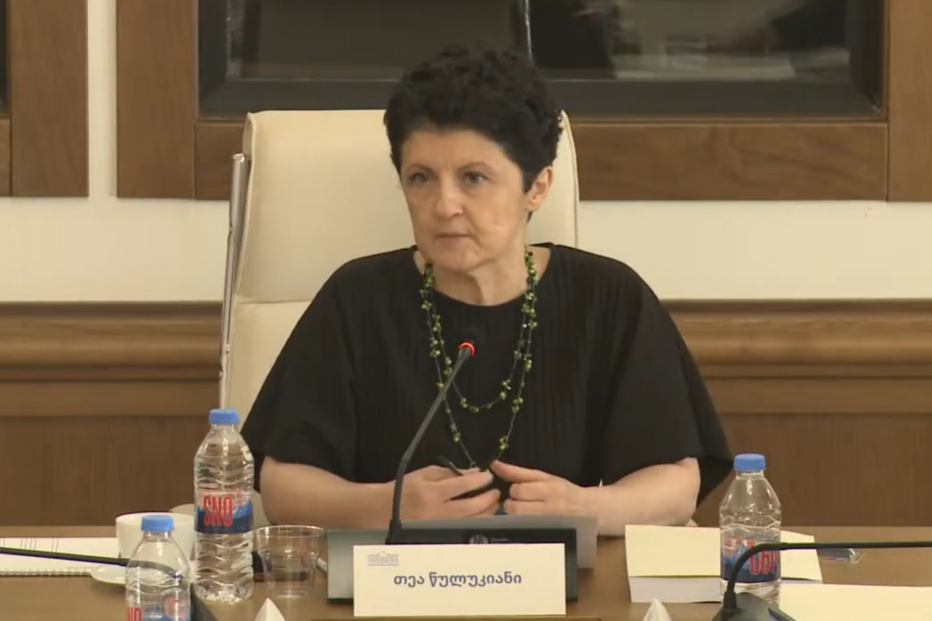
During the commission hearings, Gakharia denied all accusations, claiming that ‘everyone knew everything’ about the checkpoint, noting that Georgia was defending its territory. He acknowledged the SSG disagreed with the project, but stated that the Interior Ministry’s position had prevailed.
As for the 2019 crackdown, Gakharia told the commission that he had only authorised the use of water cannons and tear gas — not rubber bullets. However, in response to further questions from commission members, Gakharia added that officers could also decide to use rubber bullets on their own, for ‘self-defence’.

The timing of the inquiries into Gakharia’s past actions drew criticism from Georgian Dream’s opponents, given that the ruling party had not only praised the former minister’s work in the past but even promoted him to Prime Minister in September 2019.
However, the sentiment changed in February 2021, when Gakharia stepped down from the post, citing disagreements within the ruling party over whether to arrest then-UNM leader Nika Melia, who had barricaded himself inside the party office with supporters following a court order. That same year, Gakharia founded a new opposition party, For Georgia.
Government critics have since drawn attention to the fact that the investigation into the 2019 protest dispersal had been largely ineffective, something discussed for years prior to the investigation into Gakharia.
A group of crackdown victims filed a case against the state with the ECHR in Strasbourg, which, in May 2024, nearly five years after the crackdown, ruled that the authorities had failed to conduct an effective investigation — and ordered the government to do so.
It was the ECHR ruling that the Prosecutor General’s Office cited as the reason for accelerating investigative actions years after the dispersal, noting that hundreds of witnesses were questioned and more than a hundred expert analyses were conducted.
According to the agency, it will request Tbilisi City Court remand Gakharia to pre-trial detention within the legally established timeframe.
In a September interview with TV Pirveli, Gakharia said he had no plans to return to the country in the near future and that he has received a residence permit in Germany.
He reportedly left for the EU in June 2025, with his party citing meetings with representatives of Georgia’s traditional partner states on the country’s ongoing political developments, as well as efforts to secure For Georgia’s membership in the Party of European Socialists (PES).
However, there has been speculation that Gakharia may be staying abroad to avoid possible prosecution.
Gakharia said he did not believe the Georgian Dream-led government had the resources to arrest him, but suggested that upon his return, his political activities could be restricted.
Criminal proceedings against Gakharia are taking place against the backdrop of many Georgian opposition leaders already imprisoned on various charges. Recently, the ruling party fulfilled its long-standing promise and requested the Constitutional Court to ban three out of four opposition parties, excluding Gakharia’s For Georgia.
Georgian Dream cited For Georgia’s recent decision to end its parliamentary boycott as a reason for its exclusion from the lawsuit.
From the ruling party’s perspective, the boycott, launched by opposition parties after the disputed 2024 parliamentary elections, constituted ‘sabotage’, while Gakharia’s party avoided potential banning by breaking from the process.
For ease of reading, we choose not to use qualifiers such as ‘de facto’, ‘unrecognised’, or ‘partially recognised’ when discussing institutions or political positions within Abkhazia, Nagorno-Karabakh, and South Ossetia. This does not imply a position on their status.
